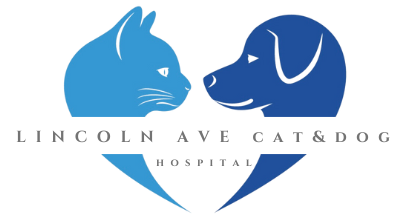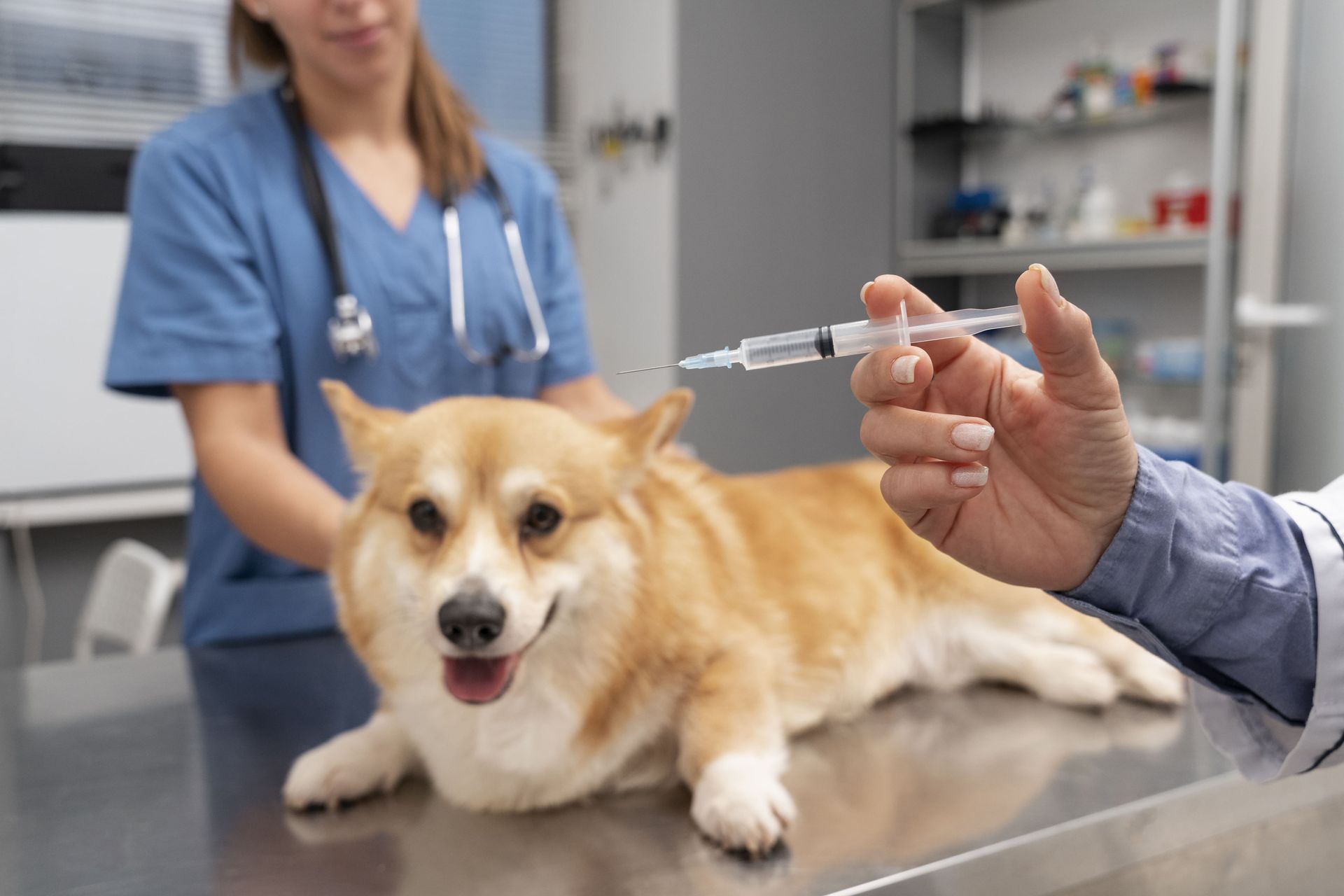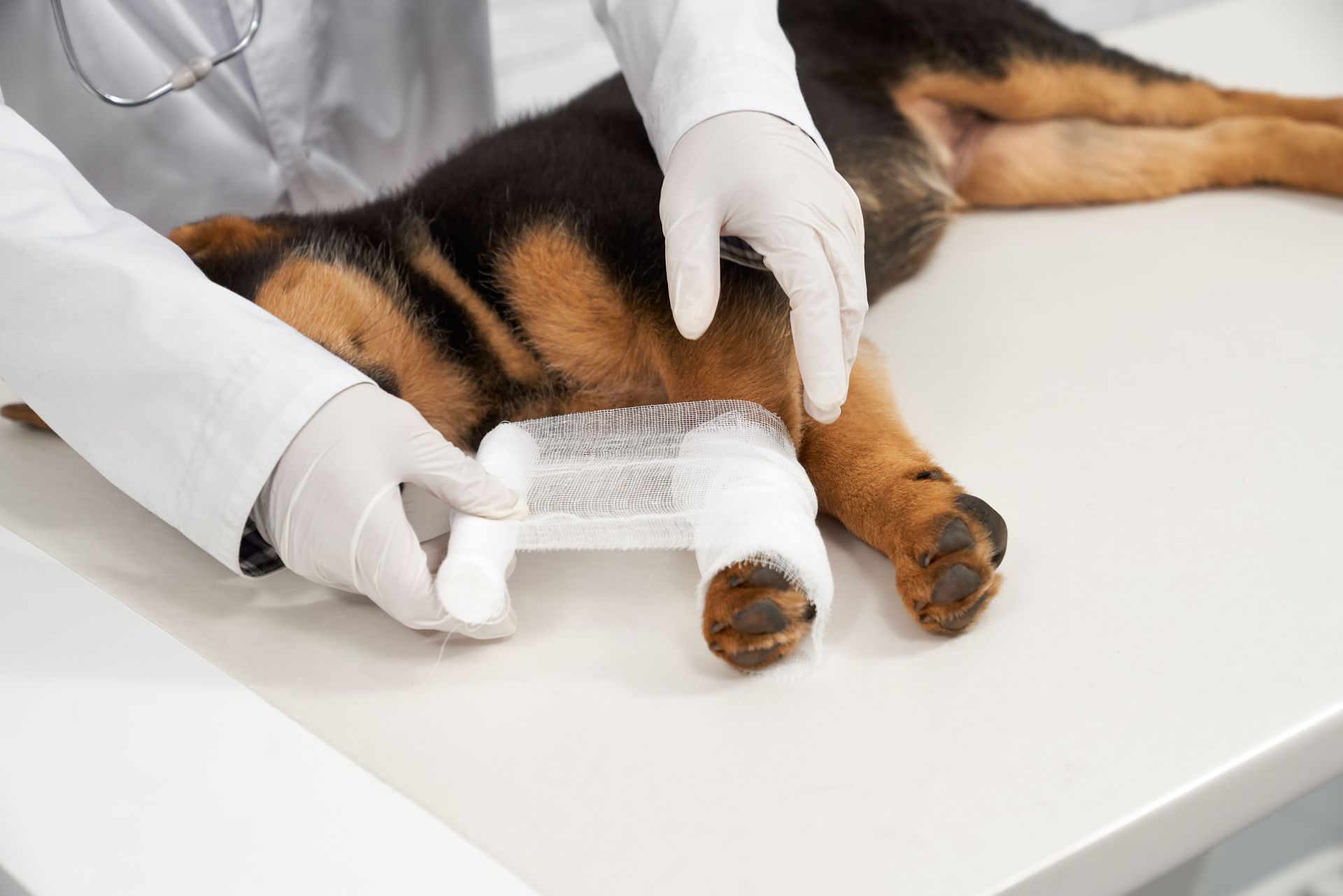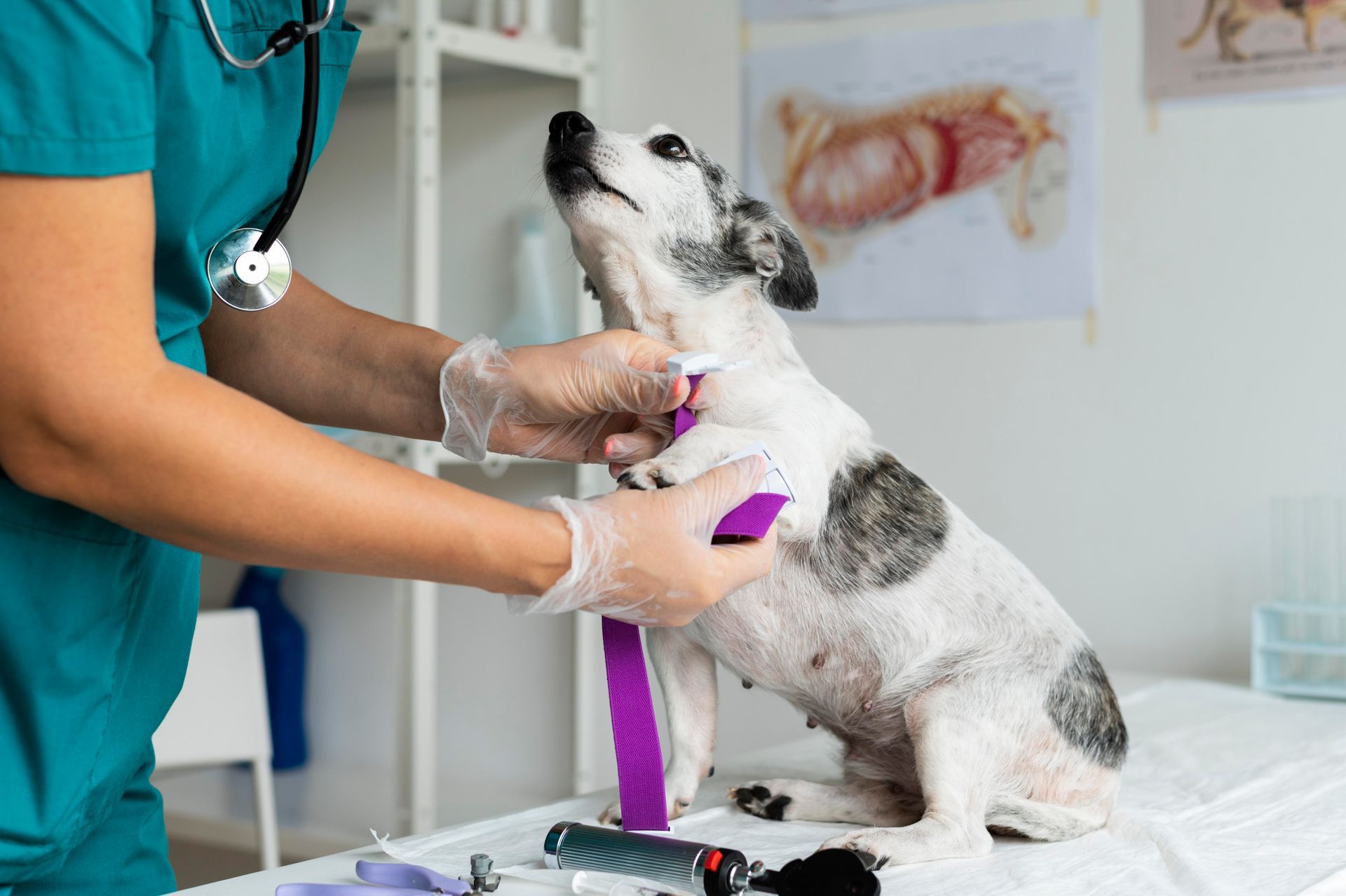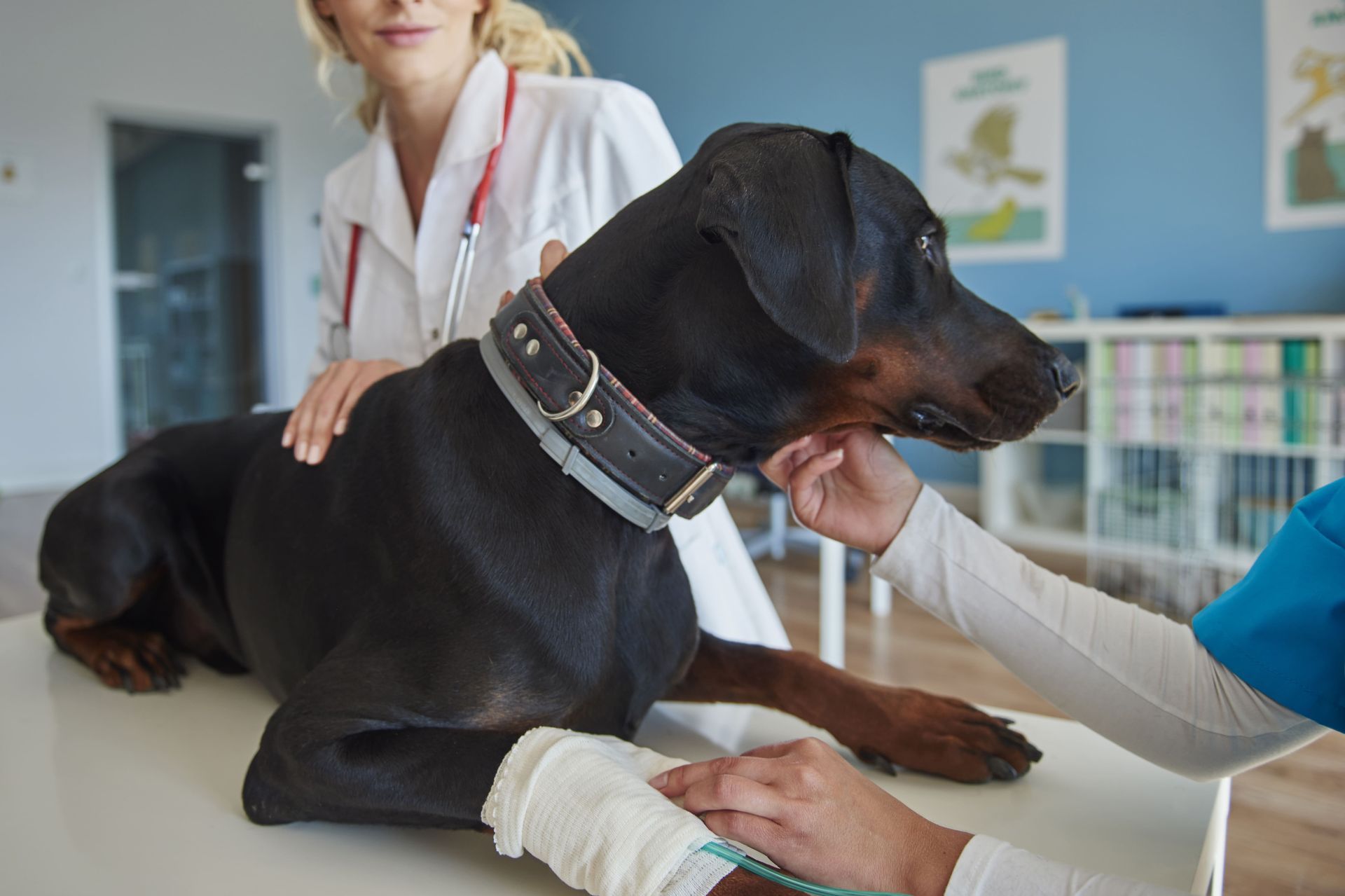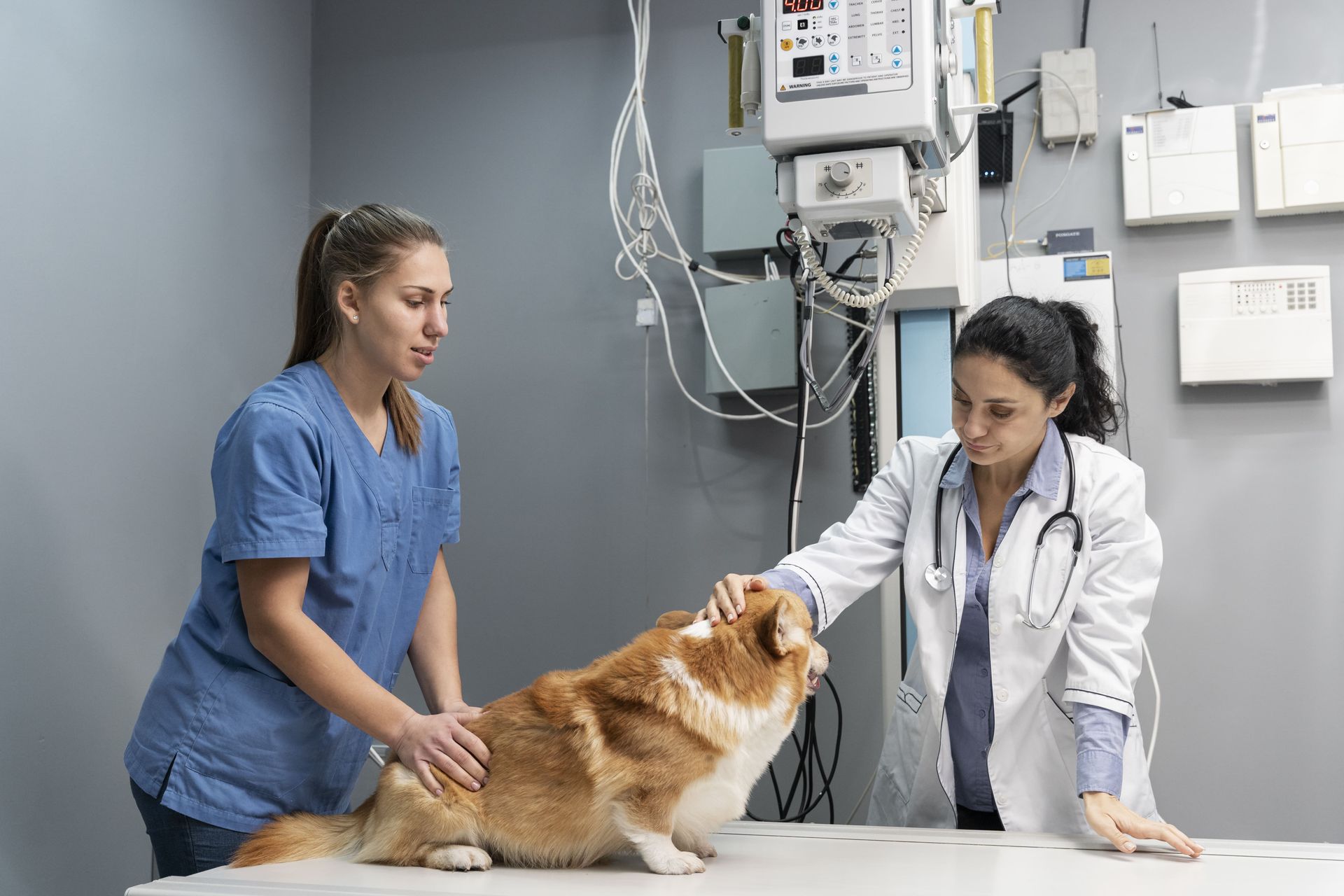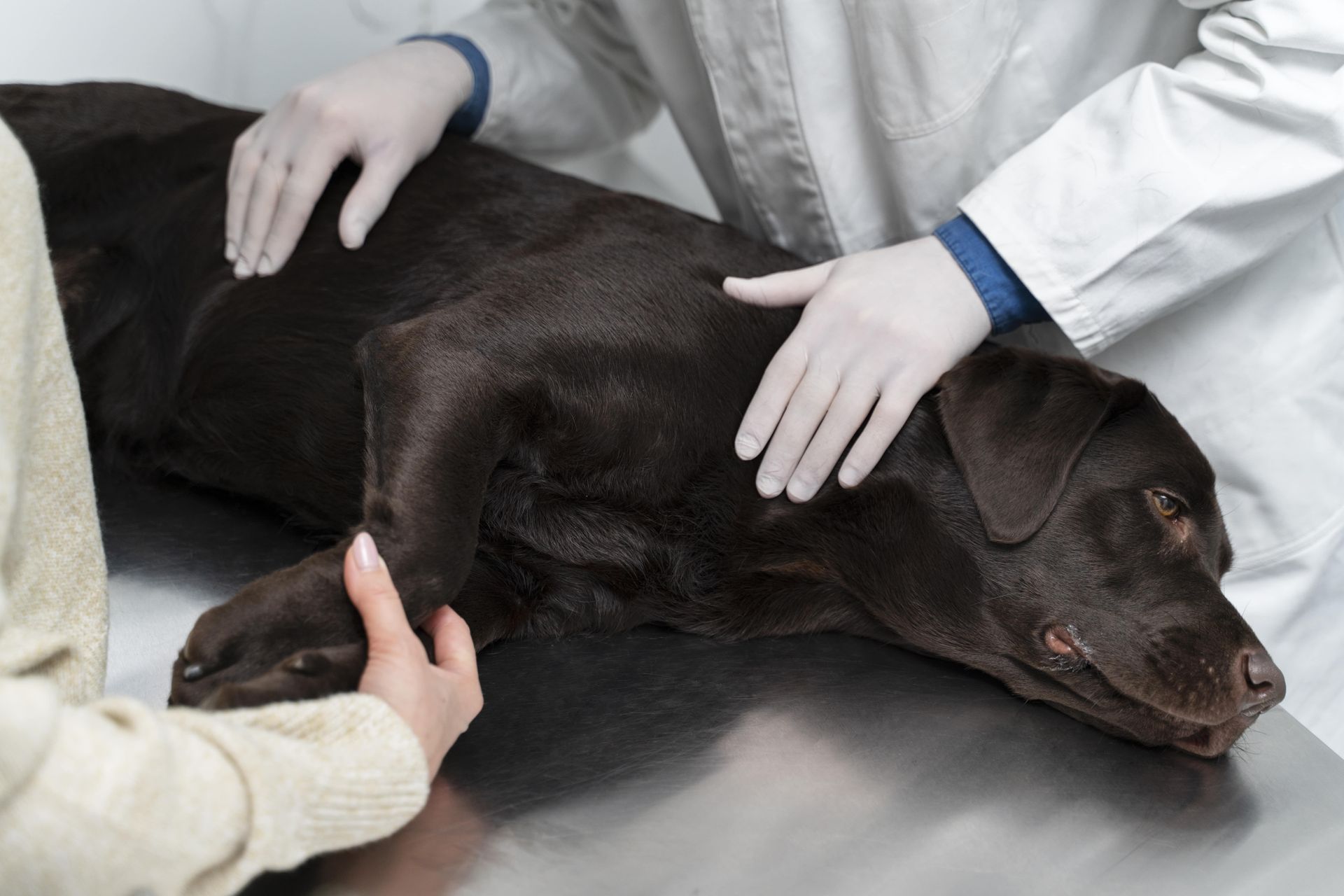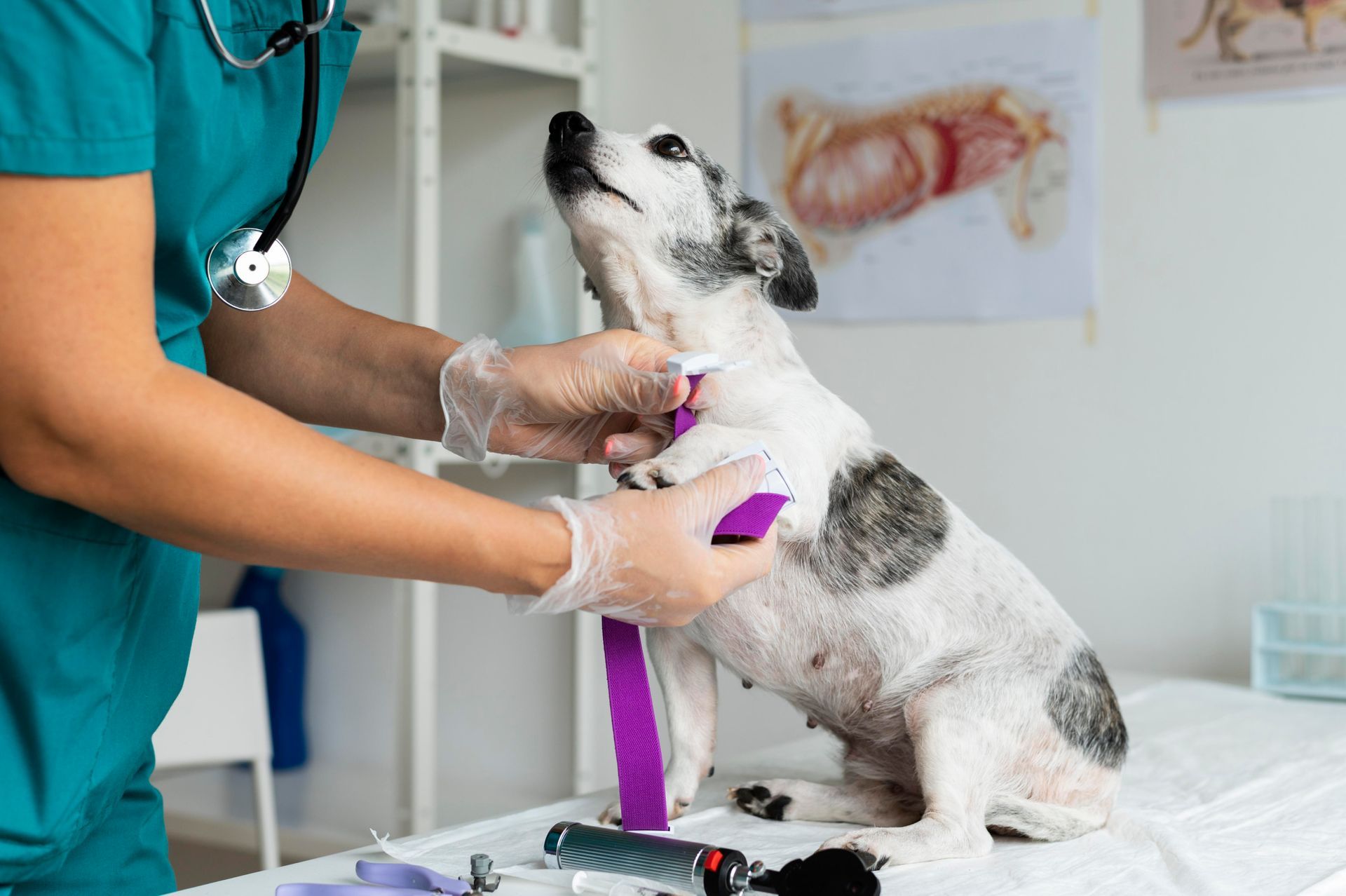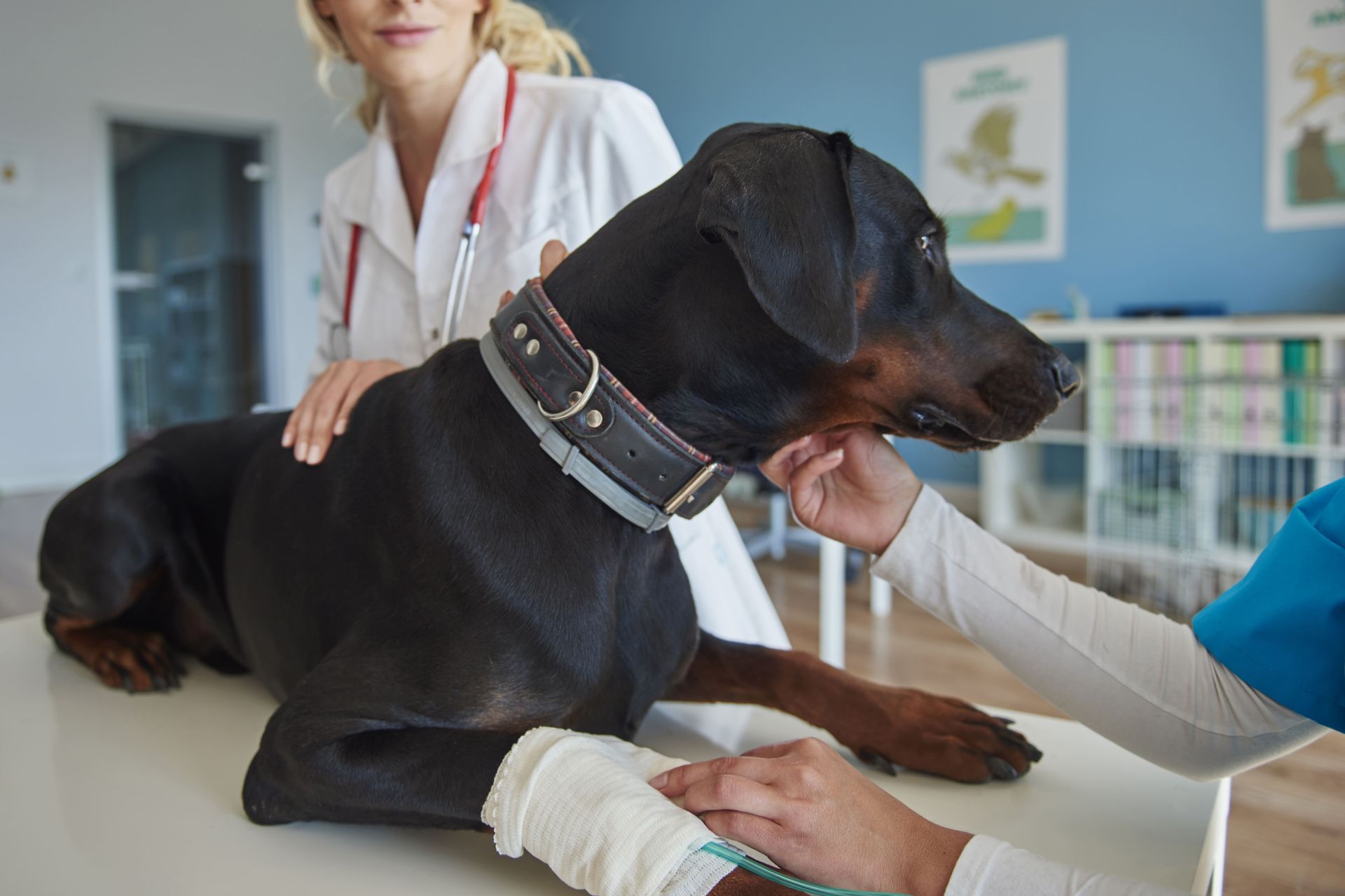What Are the Benefits of Regular Cat Checkups?
Taking your feline friend for regular vet checkups might feel like an extra chore in your busy schedule, but it’s one of the best things you can do for their long-term health and happiness. A routine cat checkup is much more than a quick look-over — it’s a proactive step that helps catch hidden illnesses, prevent serious diseases, and keep your cat’s mind and body in top shape. Cats are experts at hiding discomfort, so staying ahead with a cat checkup
ensures your beloved companion stays healthy, playful, and by your side for many years to come.
Early Detection of Health Issues
Regular cat checkups allow veterinarians to catch potential health problems before they become serious. Early detection is key to effective treatment and can prevent more severe issues down the line.
Cats are notorious for hiding their illnesses. A routine cat checkup makes it possible to address these hidden health issues before they progress into something more significant. This can involve detecting early signs of dental disease, kidney problems, or even diabetes, allowing for early intervention and management.
Beyond physical health, a cat checkup also provides a platform for monitoring your cat's mental health. Stress and anxiety can affect cats just like other pets, and having a professional evaluate your pet's well-being at each appointment can lead to early recommendations and support.
Preventative Care and Vaccinations
Routine cat checkups ensure your cat receives necessary vaccinations, helping to prevent common diseases. Regular care also includes parasite prevention and guidance on a healthy diet.
Vaccinations are a crucial aspect of your cat's preventative care. Veterinarians will make sure your cat is up-to-date with their shots, which play an essential role in preventing illnesses such as feline panleukopenia or feline leukemia. Vaccinations are not just a preventative measure; they can be lifesaving.
Moreover, a regular cat checkup provides an opportunity to discuss parasite control, such as flea and tick prevention. Parasites can lead to severe discomfort and health issues, but routine vet visits help keep these at bay with effective treatments and prevention strategies.
Monitoring Weight and Nutrition
During a cat checkup, the vet will assess your cat's weight and overall nutrition, providing advice tailored to your cat's specific needs. Proper nutrition is crucial for maintaining a healthy weight and avoiding obesity-related issues.
Obesity in cats is more common than you might think and can lead to several health issues. A regular cat checkup allows for monitoring your cat's weight and making necessary adjustments to their diet to promote a healthy lifestyle. Discussing nutrition with your vet ensures that your cat receives a balanced diet tailored to their age, weight, and health status.
By monitoring changes in weight during each cat checkup, vets can also detect underlying health issues that might not be evident immediately. It’s a simple measure that provides insights into internal health dynamics, helping prevent diseases associated with over- or underweight conditions.
Behavioral Assessments
Veterinarians can help you understand your cat's behavior. Whether it's a sudden change in activity levels or mood, a cat checkup can provide insights and solutions to improve your cat’s quality of life.
Behavioral changes can be subtle yet indicative of underlying health problems. A cat checkup allows for comprehensive assessments, helping identify if a sudden withdrawal from social interaction is due to stress or a serious health concern. Hence, understanding these cues is essential for addressing your cat’s wellness holistically.
Additionally, if your cat starts behaving aggressively or unusually vocalizes, these could be signs of discomfort or pain. By discussing these patterns with your vet during a cat checkup, you can find effective solutions and improve the well-being of both you and your cat.
Prioritizing Your Cat's Health
A routine cat checkup is vital for ensuring your cat leads a long, healthy life. By staying on top of their health, you can catch potential problems early and keep your furry friend happy and thriving.
Conclusion
Making time for a cat checkup might seem like a small task, but its impact on your feline friend's life is immeasurable. From early detection of hidden illnesses to vaccinations, weight management, and behavioral support, every cat checkup is a step toward a healthier, happier companion. So, the next time you feel tempted to skip that appointment, remember: a quick cat checkup today can add healthy, joyful years to your cat's tomorrow.
FAQs
Q-1: How often should I schedule a cat checkup?
Ans: Most vets recommend a cat checkup at least once a year for healthy adult cats. Kittens, senior cats, or cats with health conditions may need more frequent visits.
Q-2: What should I bring to my cat checkup?
Ans: Bring your cat’s medical history, any medications they’re taking, and notes about any behavioral or health changes you’ve noticed since the last cat checkup.
Q-3: How much does a typical cat checkup cost?
Ans: The cost of a cat checkup varies by location and services needed, but routine visits usually range from $50 to $150. Extra tests or vaccinations may cost more.
